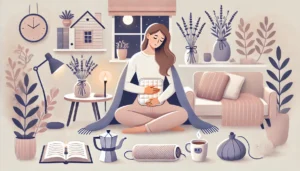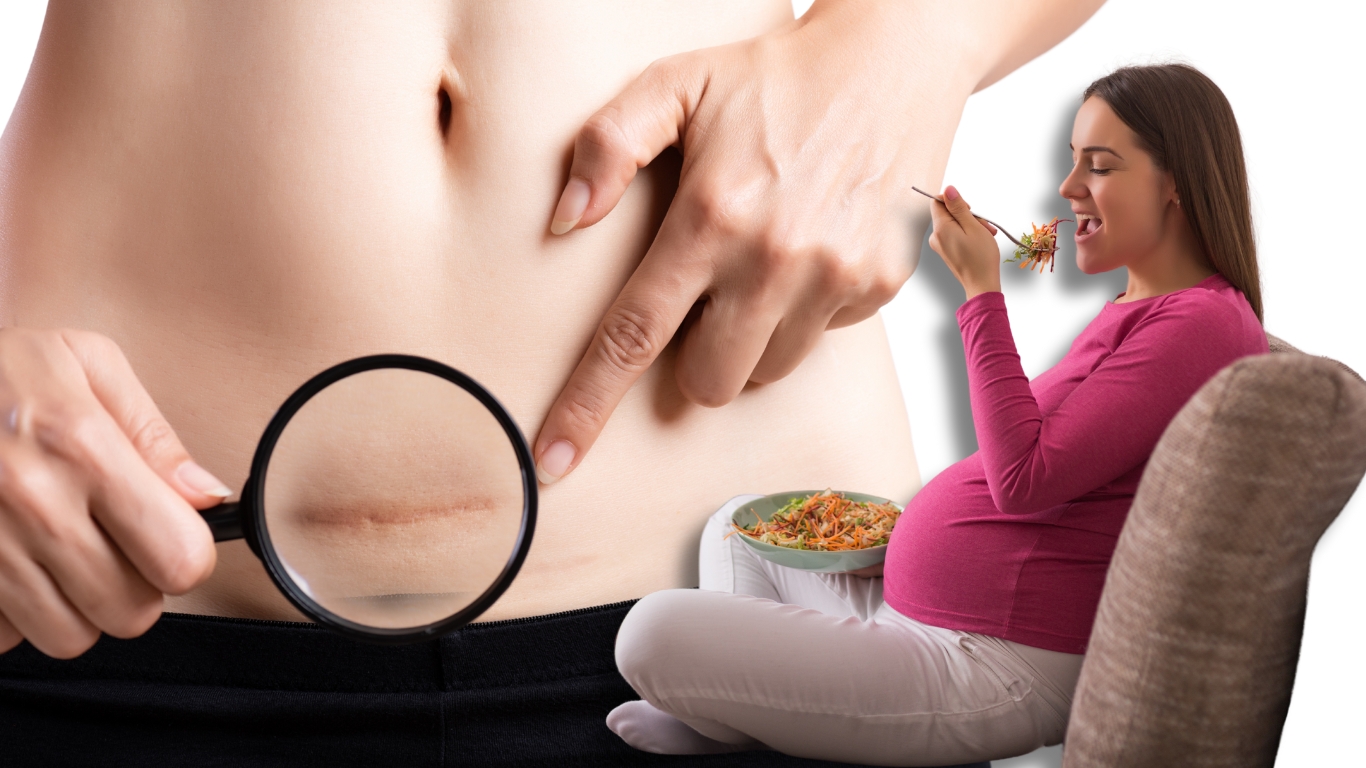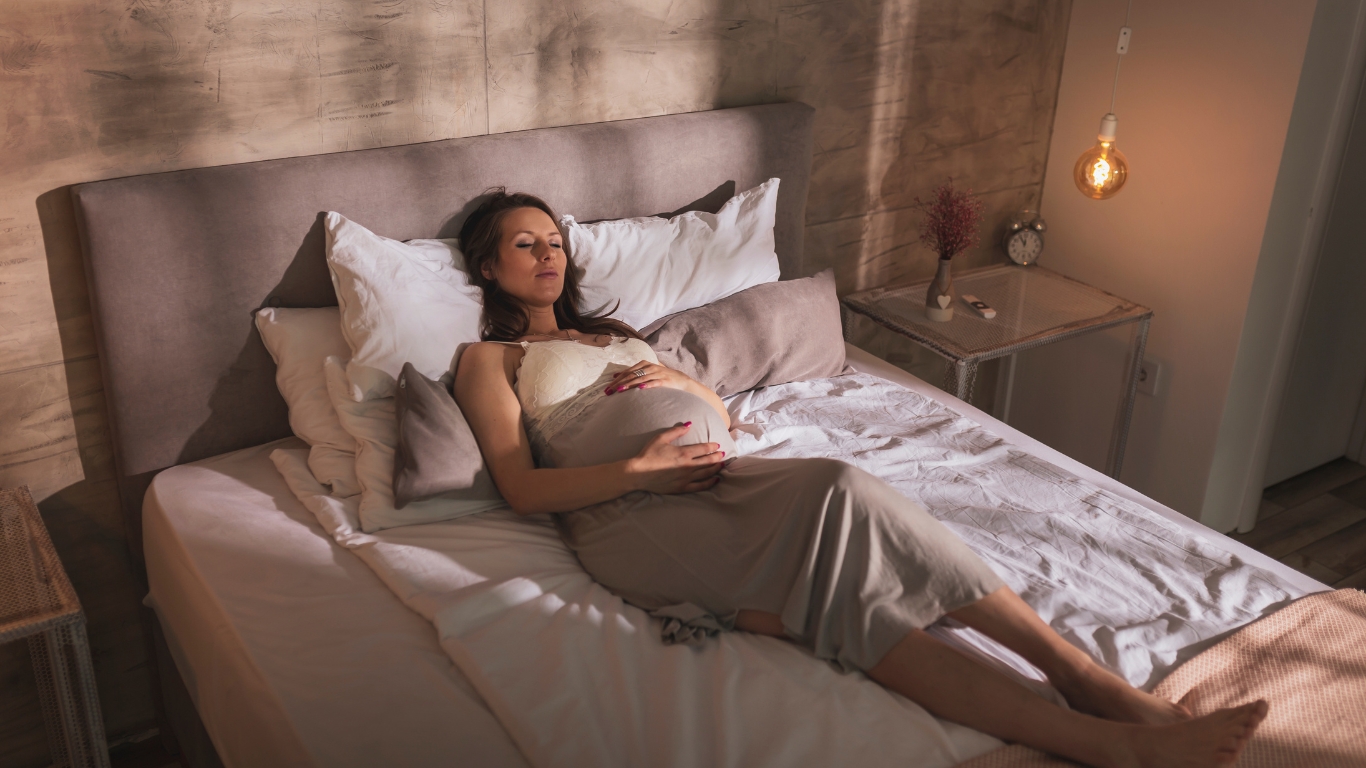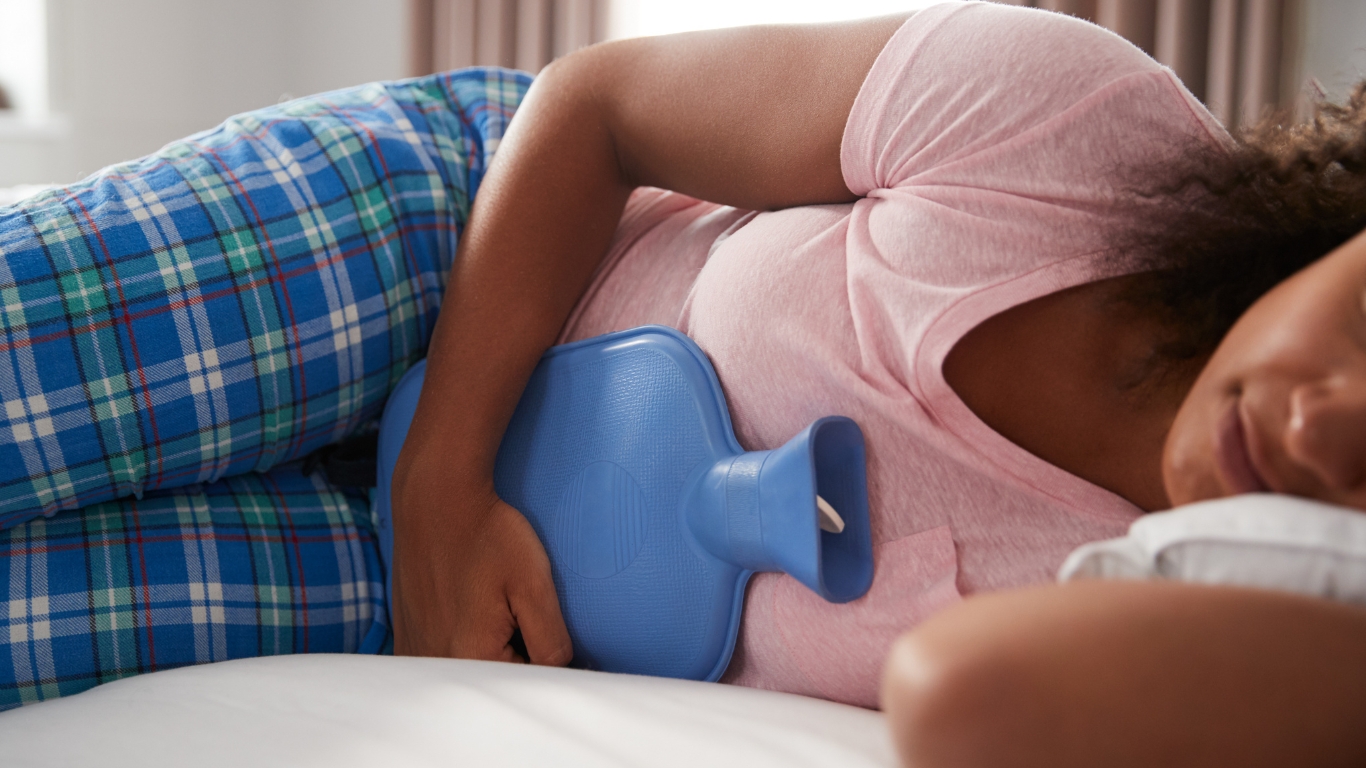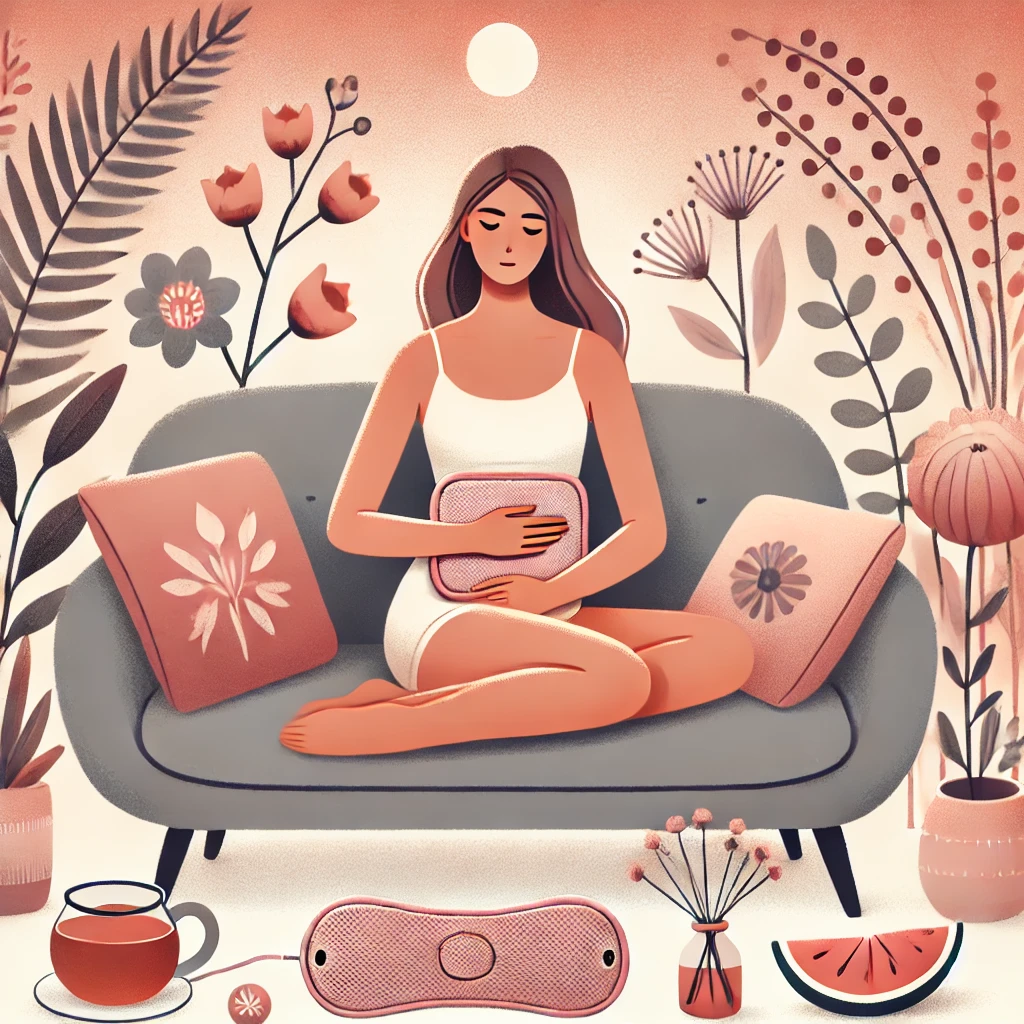
Menstrual cramps, also known as dysmenorrhea, are a common challenge faced by many women during their menstrual cycle. While they can range from mild discomfort to debilitating pain, the good news is that there are various ways to manage them effectively. At The Mahila, we understand the importance of empowering women with knowledge and practical tips to ease their discomfort. Here’s a comprehensive guide to help you understand and manage period cramps better.
What Causes Period Cramps?
Period cramps are caused by the contraction of the uterus as it sheds its lining during menstruation. These contractions are triggered by hormone-like substances called prostaglandins. Higher levels of prostaglandins can lead to more intense cramps.
Other factors contributing to period pain include:
- Hormonal imbalances
- Underlying health conditions like endometriosis or fibroids
- Stress and lifestyle habits
Understanding the root cause can help you choose the most effective solutions.
Effective Ways to Relieve Period Cramps.
- Apply Heat
Heat therapy is one of the simplest and most effective remedies. Use a heating pad or a hot water bottle and place it on your lower abdomen. Heat helps relax the uterine muscles, reducing the severity of cramps. Studies suggest it can be as effective as over-the-counter painkillers for some women. - Stay Active
While exercising during your period might seem counterintuitive, gentle activities like yoga, stretching, or walking can improve blood circulation and release endorphins—your body’s natural painkillers. Opt for poses like the child’s pose or cat-cow stretch to target abdominal discomfort. - Stay Hydrated and Eat Right
Drinking plenty of water helps reduce bloating, which can worsen cramps. Additionally, eating a balanced diet rich in:- Magnesium (found in spinach, almonds, and bananas)
- Omega-3 fatty acids (found in fish, chia seeds, and walnuts)
- Anti-inflammatory foods like ginger and turmeric
can significantly reduce inflammation and ease period pain.
- Herbal Teas
Herbal teas like chamomile, ginger, and peppermint are excellent for reducing cramps. They have anti-inflammatory properties that relax the uterus. Drinking warm teas also provides a soothing effect. - Over-the-Counter Pain Relief
Non-prescription medications like ibuprofen or naproxen can help manage moderate to severe cramps. Always follow the recommended dosage and consult a doctor if your pain persists or worsens. - Stress Management
Stress can amplify period cramps. Engage in stress-relieving activities like meditation, journaling, or simply taking a relaxing bath. Techniques like deep breathing can also help calm your mind and body. - Massage Therapy
A gentle abdominal massage with essential oils like lavender or clary sage can reduce muscle tension and improve circulation in the pelvic area.
When to See a Doctor ?
While occasional period cramps are normal, extremely painful periods could be a sign of an underlying issue, such as:
- Endometriosis
- Pelvic inflammatory disease (PID)
- Uterine fibroids
- Adenomyosis
Consult a healthcare provider if you experience:
- Pain that disrupts your daily life
- Symptoms persisting despite home remedies and medication
- Irregular or heavy periods
Early diagnosis and treatment can help manage these conditions effectively.
Myths About Period Cramps.
- “Cramps mean something is wrong with you.”
Mild cramps are a normal part of menstruation and don’t necessarily indicate a health issue. - “Exercising during periods worsens cramps.”
In fact, light exercise can alleviate cramps by increasing blood flow and releasing endorphins. - “Only teens experience severe cramps.”
Period pain can affect women of all ages, and its intensity may vary throughout life.
The Role of Support and Awareness.
At The Mahila, we believe that conversations about menstruation should be normalized. If you’re struggling with severe cramps, know that you’re not alone. Join our community to share experiences, learn from others, and find encouragement. Together, we can build a culture where women feel empowered to prioritize their health.
Final Thoughts
Managing period cramps requires a combination of lifestyle adjustments, self-care, and sometimes medical intervention. Experiment with different remedies to discover what works best for you. Remember, your health is your priority, and seeking help is a sign of strength, not weakness.
For more tips and resources on women’s health, visit The Mahila. Let’s embrace every cycle with confidence and care!







